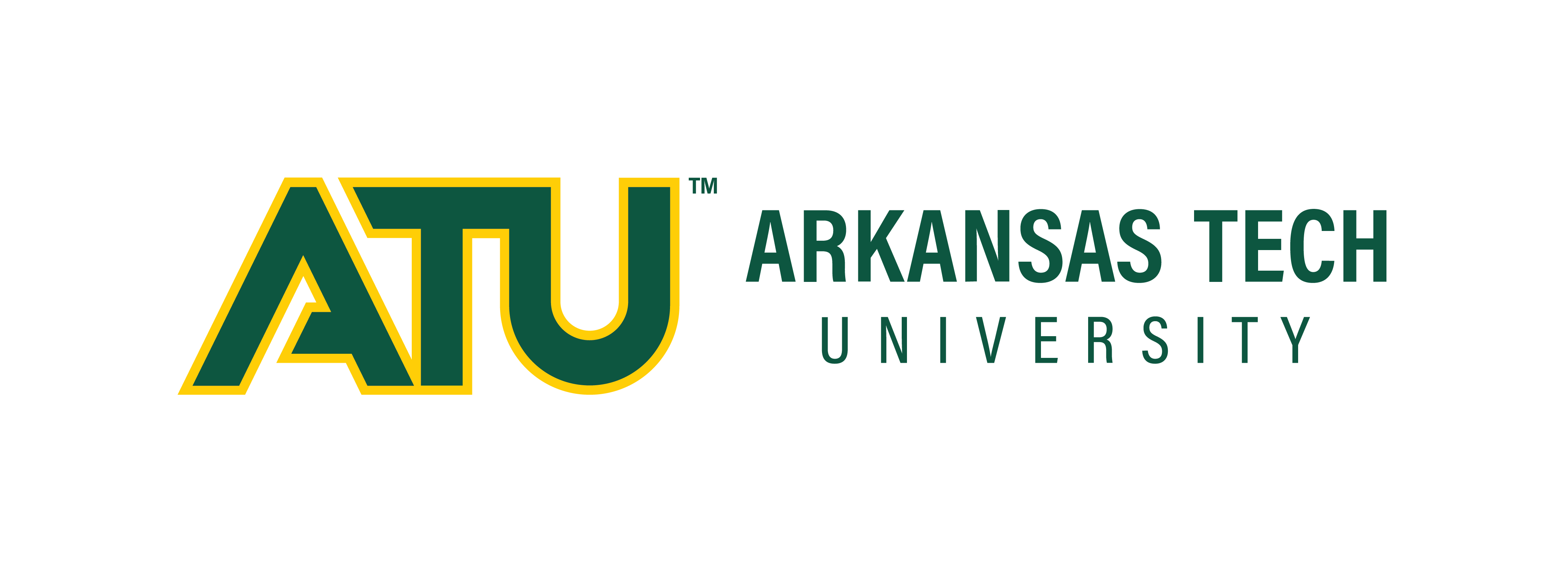Program Type
Undergraduate
Faculty Advisor
Elizabeth Gray
Document Type
Poster
Location
Face-to-face
Start Date
18-4-2024 10:00 AM
Abstract
Emergency management involves a complex interplay of logistical, social, and ethical considerations, with legal frameworks guiding actions at every stage. This research investigates the ethical and legal challenges inherent in the four phases of emergency management: mitigation, preparedness, response, and recovery. Through a multi-method approach including literature review, case studies with comparative analysis, this study aims to clarify the intersection of ethical and legal issues in emergency management and propose practical strategies for addressing these challenges.
In the mitigation phase, equitable resource allocation, environmental sustainability, and transparent decision-making emerge as key ethical concerns, while legal frameworks dictate compliance with regulations and standards. Preparedness efforts raise questions of informed consent, privacy rights, and accessibility, necessitating careful balancing of public safety with individual liberties. During the response phase, ethical considerations such as duty of care, resource allocation, and crisis communication intersect with legal mandates to ensure effective and equitable emergency response. In the recovery phase, issues of social equity, long-term consequences, and community engagement emerge as critical ethical and legal challenges.
This research proposes strategies that integratehe ethical principles and legal requirements across the four phases of emergency management, offering guidance for practitioners and policymakers. By examining real-world case studies, this study seeks to enhance understanding of the ethical and legal dimensions of emergency management and promote more effective and ethically sound approaches to disaster preparedness, response, and recovery. Ultimately, this research aims to contribute to the development of more resilient and ethical emergency management practices, fostering safer and more equitable communities in the face of future crises
Recommended Citation
Hiland, John R. and Neal, Cody, "Legal and Ethical concerns within Emergency Management" (2024). ATU Student Research Symposium. 29.
https://orc.library.atu.edu/atu_rs/2024/2024/29
Included in
Disaster Law Commons, Energy and Utilities Law Commons, Environmental Law Commons, Government Contracts Commons
Legal and Ethical concerns within Emergency Management
Face-to-face
Emergency management involves a complex interplay of logistical, social, and ethical considerations, with legal frameworks guiding actions at every stage. This research investigates the ethical and legal challenges inherent in the four phases of emergency management: mitigation, preparedness, response, and recovery. Through a multi-method approach including literature review, case studies with comparative analysis, this study aims to clarify the intersection of ethical and legal issues in emergency management and propose practical strategies for addressing these challenges.
In the mitigation phase, equitable resource allocation, environmental sustainability, and transparent decision-making emerge as key ethical concerns, while legal frameworks dictate compliance with regulations and standards. Preparedness efforts raise questions of informed consent, privacy rights, and accessibility, necessitating careful balancing of public safety with individual liberties. During the response phase, ethical considerations such as duty of care, resource allocation, and crisis communication intersect with legal mandates to ensure effective and equitable emergency response. In the recovery phase, issues of social equity, long-term consequences, and community engagement emerge as critical ethical and legal challenges.
This research proposes strategies that integratehe ethical principles and legal requirements across the four phases of emergency management, offering guidance for practitioners and policymakers. By examining real-world case studies, this study seeks to enhance understanding of the ethical and legal dimensions of emergency management and promote more effective and ethically sound approaches to disaster preparedness, response, and recovery. Ultimately, this research aims to contribute to the development of more resilient and ethical emergency management practices, fostering safer and more equitable communities in the face of future crises



